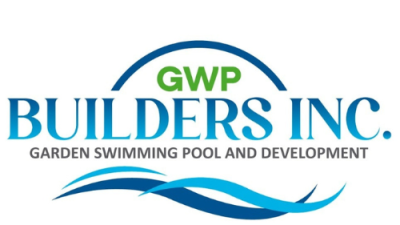Having a sparkling and inviting pool requires more than just clean water; it involves maintaining the right balance of chemicals to ensure the water is safe, clear, and comfortable for swimmers. “Pool Water Chemistry 101: Balancing and Maintaining Crystal Clear Water.” Understanding pool water chemistry is essential for keeping your pool in optimal condition.
In this guide, we’ll explore the basics of pool water chemistry and how to achieve and maintain crystal-clear water.
1. **pH Level**
The pH level of your pool water indicates its acidity or alkalinity. Maintaining a pH level between 7.4 and 7.6 is ideal, as it promotes swimmer comfort and prevents corrosion of pool equipment. Use a pH testing kit regularly to monitor and adjust the pH level.
2. **Chlorine Levels**
Chlorine is essential for disinfecting pool water and killing harmful bacteria. The recommended chlorine level falls between 1.0 and 3.0 parts per million (ppm). Regularly testing chlorine levels and adding chlorine as required will help prevent algae growth and sanitize the water.
3. **Alkalinity**
Alkalinity acts as a buffer for the pH level, helping to prevent rapid pH fluctuations. Maintain alkalinity between 80 and 120 ppm to ensure water stability. Proper alkalinity levels contribute to balanced pH and comfortable swimming conditions.
4. **Calcium Hardness**
Calcium hardness refers to calcium concentration in the water. The recommended range for calcium hardness is between 200 and 400 ppm. Proper calcium levels prevent corrosion of pool surfaces and equipment and scaling caused by high calcium levels.
5. **Total Dissolved Solids (TDS)**
TDS refers to the total amount of dissolved substances in the water. Regular water testing helps monitor TDS levels. When TDS levels become too high, it’s time to drain and refill the pool to maintain water quality partially.
6. **Regular Testing and Maintenance**
Consistent testing is crucial for maintaining proper pool water chemistry. Use testing kits to assess pH, chlorine, alkalinity, and other parameters. Depending on usage and weather conditions, you may need to adjust chemicals to keep the water balanced.
7. **Professional Assistance**
If managing pool chemistry seems overwhelming, seeking help from a professional pool service is a smart choice. A pool service provider can conduct thorough water testing, make necessary adjustments, and ensure your pool water remains clean, clear, and safe for swimming.
Maintaining proper pool water chemistry is a key aspect of responsible pool ownership. By following these guidelines and regularly monitoring and adjusting chemical levels, you can enjoy crystal-clear water inviting and safe for swimmers. Remember, a well-maintained pool not only enhances your outdoor space but also provides a refreshing oasis for relaxation and enjoyment.
Pool Water Chemistry 101: Balancing and Maintaining Crystal Clear Water
If you need expert assistance in maintaining your pool’s water chemistry, our team is here to help. Contact us today to ensure your pool water remains perfectly balanced and clear all season long!
Maximizing Fun: Pool Features and Additions for Entertainment
Pools for Small Spaces: Innovative Designs for Compact Backyards


